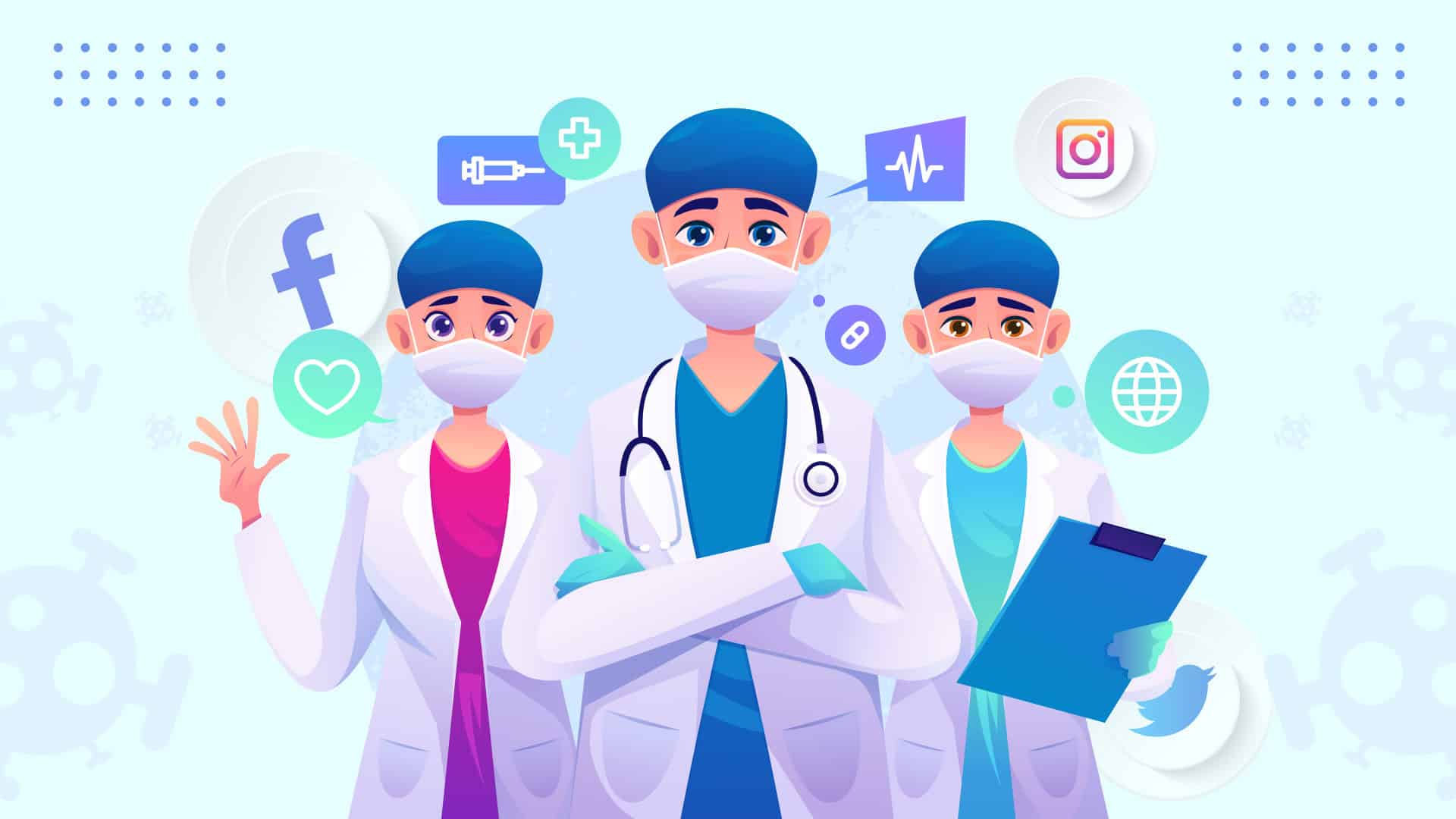Exploring Career Opportunities Beyond Clinical Practice for Doctors: Navigating Alternative Professional Pathways

Introduction: The Evolving Landscape of Medical Careers
The traditional image of a physician working exclusively within hospital walls is rapidly transforming. Today’s medical professionals are discovering a rich and diverse landscape of career opportunities that extend far beyond direct patient care. This comprehensive exploration reveals the multifaceted career paths available to doctors, demonstrating that medical expertise can be applied across numerous industries and professional contexts.
The Changing Dynamics of Medical Careers
Medical professionals are increasingly seeking alternatives to traditional clinical practice, driven by a complex interplay of personal and professional motivations. The demanding nature of healthcare, characterised by intense workloads and emotional challenges, has prompted many physicians to reimagine their career trajectories. This shift is not about abandoning medical expertise, but rather about finding innovative ways to apply years of rigorous training and deep scientific understanding.
The transition to non-clinical roles represents more than a career change; it’s an opportunity for personal growth and professional reinvention. Physicians bring a unique combination of analytical thinking, ethical decision-making, and comprehensive understanding of human health that proves invaluable across multiple sectors.
Exploring Non-Clinical Career Pathways
- Healthcare Consulting: Transforming Systems and Strategies
Healthcare consulting offers physicians a profound opportunity to influence healthcare delivery at a systemic level. In this role, doctors become strategic advisors who analyse complex healthcare challenges, develop innovative solutions, and help organisations optimise their operational and clinical processes. Consultants work with hospitals, healthcare technology companies, and government agencies to improve patient outcomes, streamline administrative processes, and develop more efficient healthcare delivery models.
Successful healthcare consultants combine their medical knowledge with strategic thinking, business acumen, and exceptional communication skills. They translate complex medical insights into actionable strategies, bridging the gap between clinical expertise and organisational management. This career path allows physicians to drive meaningful change across entire healthcare ecosystems while maintaining intellectual challenge and professional diversity.
- Medical Writing and Scientific Communication
The realm of medical writing offers an intellectual sanctuary for physicians seeking to leverage their deep scientific knowledge. Medical writers play a crucial role in translating complex medical information into accessible, accurate, and engaging content. They work across multiple domains, including pharmaceutical documentation, medical journalism, academic publishing, and patient education materials.
This career path demands precision, clarity, and the ability to communicate intricate medical concepts to diverse audiences. Medical writers might develop clinical trial reports, create regulatory documentation, write scientific research papers, or produce educational content for healthcare professionals and patients. The role requires not just medical knowledge, but also exceptional writing skills and the ability to synthesise complex information into coherent narratives.
- Healthcare Technology and Digital Innovation
The rapid evolution of healthcare technology has created unprecedented opportunities for physicians with an interest in digital innovation. Doctors are increasingly becoming integral to developing health technology solutions, working on projects ranging from telemedicine platforms to artificial intelligence-driven diagnostic tools. These roles require a unique blend of medical understanding and technological insight.
Physicians in this space serve as critical bridges between technological development and clinical application. They help ensure that digital health solutions are not just technologically sophisticated, but also clinically relevant and patient-centred. This might involve designing electronic medical record systems, developing medical algorithms, or consulting on the implementation of complex healthcare technologies.
- Pharmaceutical and Medical Device Industries
The pharmaceutical and medical device sectors offer compelling career opportunities for physicians seeking to influence healthcare at a foundational level. Medical professionals in these industries work on critical aspects of drug and device development, from initial research to regulatory approval and post-market surveillance.
Roles such as medical science liaisons, clinical research directors, and regulatory affairs specialists allow physicians to contribute to groundbreaking medical innovations. They ensure the safety, efficacy, and ethical development of new medical technologies, working closely with researchers, regulatory bodies, and commercial teams to bring life-changing medical solutions to market.
- Healthcare Administration and Leadership
Healthcare administration represents a powerful avenue for physicians to drive systemic change. By moving into leadership roles within hospitals, healthcare systems, and public health organisations, doctors can influence policy, improve organisational strategies, and enhance overall healthcare delivery.
These leadership positions require a comprehensive understanding of both clinical operations and organisational management. Physicians in administrative roles develop and implement strategic plans, manage complex healthcare systems, ensure regulatory compliance, and work to improve patient care across entire institutions.
Navigating the Transition: A Holistic Approach
Transitioning to a non-clinical career requires careful planning, continuous learning, and strategic personal development. Successful physicians approach this journey with intentionality, investing in additional skills, expanding their professional networks, and maintaining a growth-oriented mindset.
Continuing education plays a crucial role in this transition. Physicians might pursue additional certifications, attend interdisciplinary workshops, or engage in online learning programs that complement their medical background. Personal branding becomes equally important, with professionals carefully crafting narratives that highlight their transferable skills and unique perspectives.
Conclusion: Embracing Professional Complexity
The modern medical career is no longer linear or confined to traditional boundaries. By embracing diverse professional opportunities, physicians can create meaningful impact across multiple domains, utilising their extensive training and deep understanding of human health in innovative and transformative ways.
Each career path offers unique challenges and opportunities, reflecting the incredible versatility of medical professionals. The key lies in remaining open, adaptable, and committed to continuous learning and professional growth.



